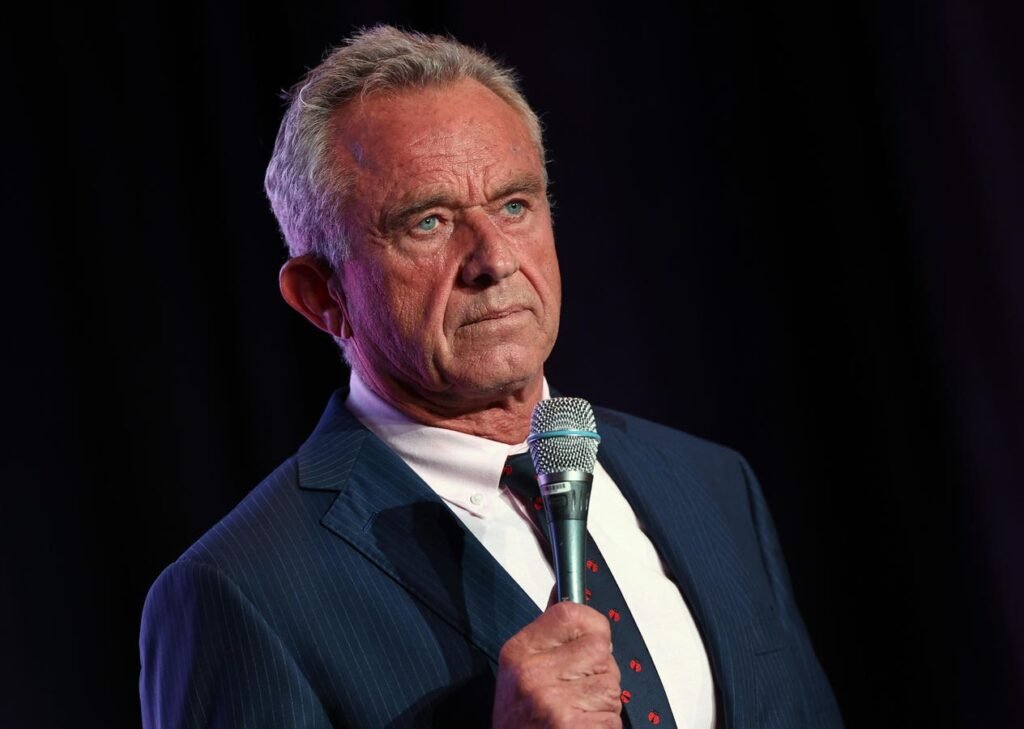Robert F. Kennedy Jr. recently made his case for confirmation as the Secretary of the U.S. Department of Health and Human Services on Capitol Hill. He focused on downplaying the topic of vaccines, aligning with President-elect Donald Trump’s stance on abortion, and highlighting the importance of healthy food and preventing chronic disease, as reported by the Wall Street Journal.
Kennedy’s emphasis on preventing chronic diseases could significantly improve the health of millions of Americans and reduce healthcare costs, a critical challenge for both the government and families. However, cutting funding for effective public health programs, limiting infectious disease research, and undermining confidence in vaccines could lead to outbreaks of contagious diseases and higher healthcare expenses.
Historically, America struggled with health issues, with life expectancy only reaching 47.3 years in 1900. Public health efforts played a crucial role in improving this statistic, particularly in reducing child mortality rates. Vaccines were instrumental in this progress, with diseases like diphtheria, pertussis, and polio seeing significant declines after vaccine introductions.
Research has shown the tremendous impact of vaccines in preventing millions of contagious diseases over the years. Diseases like measles, mumps, and rubella saw substantial reductions following the introduction of vaccines. However, there is a concern that progress in controlling these diseases could be reversed if vaccination rates decline due to misinformation and unfounded fears about vaccine safety.
Maintaining high vaccination coverage is crucial for preventing outbreaks of diseases like measles, as seen in communities where vaccination rates have dropped. With parental concerns about vaccine safety on the rise, it is essential to address misinformation and encourage timely vaccination to protect children and communities from preventable diseases. We have witnessed localized outbreaks of measles, rubella, mumps, and pertussis in various areas.
Kennedy’s troubling history cannot be overlooked despite his attempts to minimize his anti-vaccine stance. With a track record spanning two decades alongside Andrew Wakefield, who kickstarted the modern anti-vax movement with a debunked study linking the MMR vaccine to autism, Kennedy remains a prominent figure in the global anti-vaccine community. His organization, Children’s Health Defense (CHD), has been identified by NPR as a significant source of misinformation about vaccines.
While Kennedy claims not to advocate against vaccines, his past statements and actions, including supporting discredited theories linking vaccines to autism and other illnesses, raise concerns. If he and Dr. Dave Weldon, Trump’s CDC nominee, continue to promote such views, alter vaccination schedules, or cut funding for vaccination campaigns, it could lead to a decline in vaccine acceptance and potentially pave the way for the resurgence of previously eradicated diseases.
The Senate faces a crucial decision regarding Kennedy’s appointment, as President-elect Trump expects Republican support for his controversial cabinet picks. Despite some senators expressing their backing, others are weighing the consequences of a potential public health crisis under Kennedy’s leadership.


